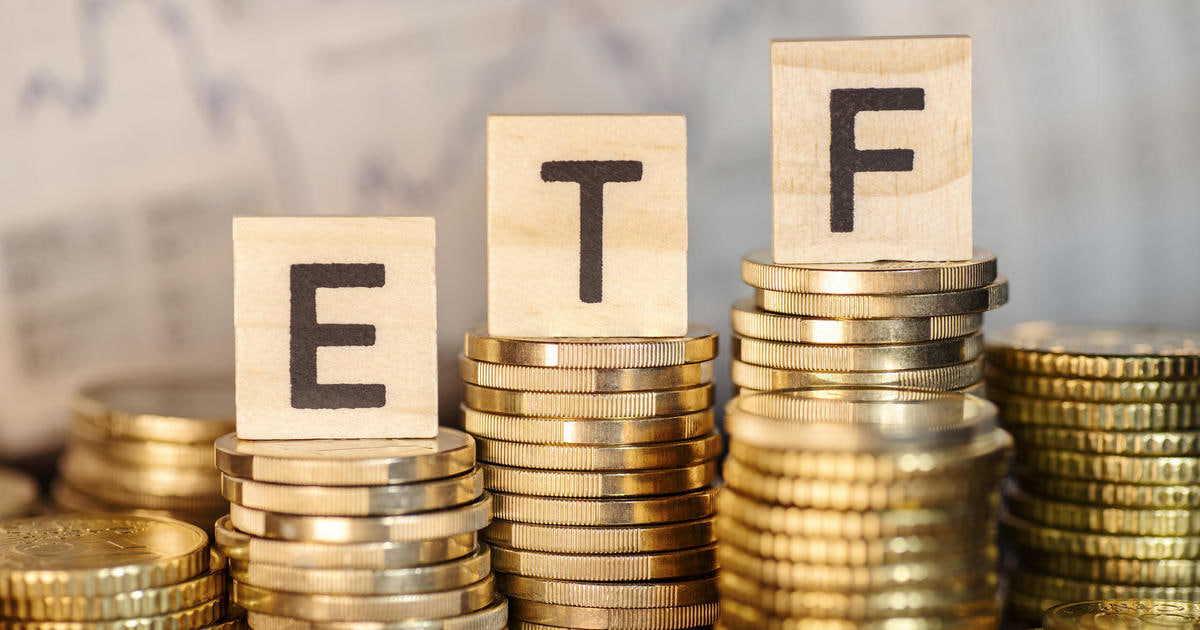Mastering the FTSE China A50 Index: A Deep Dive for Informed Investors
Meta Description: FTSE China A50 Index, futures trading, night session analysis, index performance, investment strategies, risk management, market volatility, expert insights, China's economy.
This isn't your grandpappy's market analysis! Forget dry, academic pronouncements. We're diving headfirst into the thrilling, sometimes terrifying, world of the FTSE China A50 Index, focusing on the night session – that often-overlooked period where fortunes are made and lost. Imagine this: you're sitting at your desk, the world asleep, and you're watching the numbers tick, feeling the pulse of a massive economy humming in the background. That's the power of understanding the FTSE China A50 night session. This isn't just about charts and figures; it's about anticipating the market's mood, understanding the whispers of economic shifts, and ultimately, making smart investment decisions. We'll dissect recent performance, examine the factors driving volatility, explore effective trading strategies, and, perhaps most importantly, discuss risk management – because even the most seasoned trader knows that the market can be a fickle beast. Prepare to unlock the secrets to navigating this dynamic index, empowering you to make informed choices and potentially maximize your returns. We’re not just throwing data at you; we're sharing real-world experience, seasoned with a hefty dose of practical advice. This isn't just an article; it's your guide to conquering the FTSE China A50. Get ready to upgrade your investment game!
FTSE China A50 Index: Night Session Performance Analysis
The recent performance of the FTSE China A50 index, particularly during the night session, has been a rollercoaster ride. A 0.3% dip in the night session, settling at 13273 points, isn't an isolated incident. These fluctuations reflect the inherent volatility of this index, influenced by a complex interplay of global and domestic factors. Understanding these factors is crucial for anyone navigating this market. Think of it as learning to read the tea leaves, but instead of tea, you're interpreting economic indicators and geopolitical events.
For example, recent dips could be attributed to concerns about China's economic growth, shifting regulatory landscapes, or global market sentiment. However, it's important to remember that these are just potential factors; a comprehensive analysis requires a deep dive into various economic data points and geopolitical events. Remember that correlation doesn't equal causation; just because two things happen at the same time doesn't necessarily mean one caused the other. Careful investigation and critical thinking are paramount.
Understanding the Night Session Advantage
The night session offers a unique opportunity. While many global markets are closed, the A50 continues to trade, often reflecting overnight news and events that can significantly influence the opening price the next day. This presents a chance to capitalize on pre-market movements, but it also carries increased risk. Think of it as a high-stakes poker game – the potential rewards are greater, but so are the potential losses. You gotta be bold, but smart.
This period is perfect for scalpers and day traders who are comfortable with higher volatility and shorter-term strategies. However, it's a risky endeavor for long-term investors with lower risk tolerance. Remember, patience is a virtue, especially in this market. Don't let the thrill of the chase cloud your judgment!
Factors Influencing Volatility
Several key factors contribute to the volatility of the FTSE China A50 index:
- Macroeconomic indicators: GDP growth, inflation rates, and other crucial economic data from China significantly impact the index's performance. These are the big-picture trends that set the stage for everything else.
- Geopolitical events: Global events, particularly those related to US-China relations, can create significant uncertainty and volatility. Think trade wars, political tensions, you name it – it all plays a role.
- Regulatory changes: Changes in Chinese government policy, especially those affecting the financial markets, can lead to sharp price swings. This is where keeping your finger on the pulse of official announcements becomes vital.
- Global market sentiment: The overall mood of the global market significantly influences the A50, often reflecting broader investor confidence or fear. It's a connected world, folks!
Effective Trading Strategies
No one can guarantee success in the market, but several strategies can improve your chances:
- Technical analysis: Using charts and indicators to identify trends and predict future price movements is a common approach. This is where experience and skill come into play.
- Fundamental analysis: Evaluating macroeconomic factors and company fundamentals to assess the long-term value of the index. This is the long game, the chess match, not the sprint.
- Risk management: This is arguably the MOST important aspect. Setting stop-loss orders and diversifying your portfolio are crucial to protect your capital. Know when to cut your losses and walk away.
Risk Management: Your Shield Against Market Storms
Risk management is not an optional extra; it’s the bedrock of successful trading. Failing to manage risk effectively can lead to significant losses, wiping out your gains in a heartbeat. Here’s how to approach it:
- Diversification: Don't put all your eggs in one basket. Spread your investments across different asset classes to mitigate risk.
- Position sizing: Only invest an amount you can afford to lose. This isn’t a get-rich-quick scheme.
- Stop-loss orders: Set stop-loss orders to automatically sell your positions if the price falls below a certain level. This limits potential losses.
- Hedging: Consider hedging strategies to reduce your exposure to risk, but be aware that this can also limit potential profits.
- Regular review: Continuously monitor your investments and adjust your strategy as needed. The market is constantly evolving.
Frequently Asked Questions (FAQs)
Q1: Is trading the FTSE China A50 Index suitable for beginners?
A1: No, trading the A50, especially the night session, is generally not recommended for beginners. It requires a significant understanding of market dynamics, risk management, and technical analysis. Start with simpler markets and build your skills and experience before tackling this one.
Q2: What are the trading hours for the FTSE China A50 night session?
A2: The specific hours vary slightly depending on the broker but typically cover the period when the mainland Chinese stock market is closed. Check with your broker for precise timings.
Q3: What are the risks involved in trading the night session?
A3: The night session presents higher volatility and liquidity risks compared to the daytime session. News and unexpected events can lead to significant price swings.
Q4: What are some reliable resources for tracking the FTSE China A50 index?
A4: Many financial websites and platforms provide real-time quotes and charts for the A50. Reputable financial news sources also provide analysis and commentary.
Q5: How can I improve my chances of success in trading the A50?
A5: Thorough research, disciplined risk management, and continuous learning are essential. Consider seeking guidance from experienced traders or financial advisors.
Q6: Is it better to trade the A50 through futures or ETFs?
A6: Both futures and ETFs offer exposure to the A50 but have different characteristics that align with different investment styles and risk tolerances. Futures contracts offer higher leverage and risk, while ETFs provide more diversified exposure. The best choice depends on your individual investment objectives.
Conclusion
Mastering the FTSE China A50 index, particularly its night session, requires dedication, discipline, and a clear understanding of the market forces at play. While the potential rewards are significant, the risks are equally substantial. Remember that successful trading isn’t about luck; it's about informed decision-making, meticulous risk management, and a commitment to continuous learning. This is a journey, not a sprint, and it requires patience, perseverance, and a healthy dose of self-awareness. By carefully considering the factors discussed in this article, you can significantly improve your chances of successfully navigating this dynamic and rewarding market. Don't get discouraged by setbacks; view them as learning opportunities. The market is a tough teacher, but the lessons it teaches are invaluable. Good luck!



